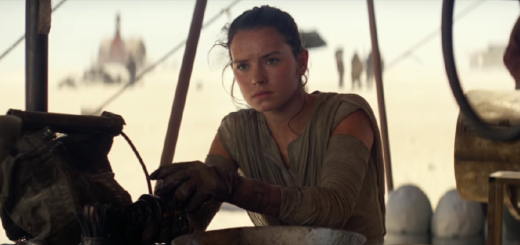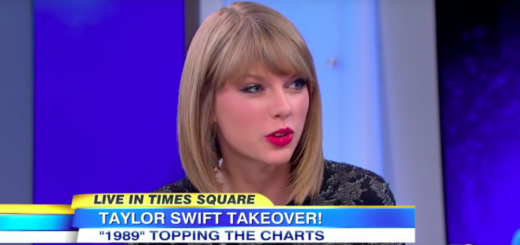Capitalism Is Lying to You about Creativity

By J.D. ECARMA
People have to choose between finding their passion and working at a job that fulfills them … or make the monumental sacrifice of staying home with their children.
People who never find their “dream job” are stuck living an unfulfilled life.
Both those sentences are lies. We should all be able to see through them, but we’ve been taught the message that money equals worth too well. Living in a society that values “success” (defined as money or fame) over people and their quality of life, we believe something very wrong: that finding your passion only counts if you get paid for it.
Rethinking ‘Real Work’
An acquaintance who was enjoying life as a stay-at-home mom once wryly complained that people were always asking her what she “does all day.”
“They’d never ask that if I were a nanny,” she added.
It was a throwaway conversation from years ago, but the lightbulb that flicked on in my head has continued to burn. Even though it’s hard work, we no longer see raising small humans who need constant care and attention and will (hopefully) one day be useful members of society as a real job.
Why do we think work that makes money is the only kind that counts? Why do we accept people who work as nannies, are staff at a daycare or teach kindergarten but question stay-at-home moms and dads? It’s because the latter group isn’t bringing home a paycheck. What they do isn’t registering in our minds as “real work” because they aren’t getting paid for it.
Living with Creativity
It always comes back to money. As a society, we assume real work only happens at the office, and we make the same mistake when it comes to identity, creativity and self-expression. Why do we believe the lie that we can only be fully realized people if we find our “dream job” and turn our dearest passion into a paycheck? If you’re lucky enough to find your life’s fulfillment in work that also pays you every two weeks, that’s great – but should everyone who doesn’t find that rare combination give up?
In her book “Big Magic,” author Elizabeth Gilbert praises the pursuit of creativity for its own sake and for your own enjoyment, an idea that seems revolutionary in today’s society. Why do anything if you don’t earn money (or get Facebook likes or YouTube views or some other form of social currency) for doing it?
While she did eventually become a New York Times-bestselling author thanks to her memoir “Eat, Pray, Love,” Gilbert labored as an unknown and often unpublished writer for years fueled simply by what she calls a “contract with creativity.” She was and is a writer; therefore, she writes, whether or not anyone ever sees it or pays her for it. Gilbert doesn’t describe her success story in terms of “I worked very hard and then I made money”; instead, she sees herself as a creative who must create. She just happened to create the right thing at the right time for money to be a pleasant side effect of it.
For her, creativity means writing, but your creative life might look very different. Maybe you enjoy painting, dancing, drawing with sidewalk chalk, doing yoga, knitting, or taking figure-skating lessons. Maybe you’re a photographer or a cartoon artist or a filmmaker or a baker or a jewelry-maker. And maybe your particular brand of creativity isn’t paid work – but so what? Do you enjoy it, and does it make you a more fulfilled and happier person? Then you should pursue it.
Exposing the Lie
As a millennial, I came of age in a work culture that pressured young employees (especially those straight out of college) to give 100 percent to their job. Always be available by phone and email; put off having a family or buying a home; and do it all for little pay.
The dark side of capitalism thrives on the discontentment and pain of overworked, underpaid employees who keep pushing through burnout partly because they have to in order to eat and partly because the hope of something better flickers in the distance. We believe the lie that creativity, inspiration and passion can’t be found except at a job where we get paid. Surely if we work hard enough, someday we’ll get our big break and get to do something we actually enjoy.
I wrote for a living for about six years, and looking back, I realize that what I was really doing was writing for other people. In hindsight, I think I would have been better off pursuing other work while writing for myself, allowing that passion to exist and keep me creative and alive, instead of almost crushing it with the terrible weight of being my source of livelihood.
Again, this is not true of everyone. Some people are lucky enough to pursue their creative passion and get paid for it at the same time. What I’m advocating for is more wiggle room on creativity, an expanded mindset that doesn’t settle for “either I’m creatively fulfilled in my day job or I’m not … and I have no other options.”



